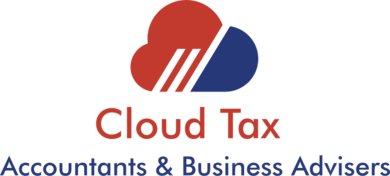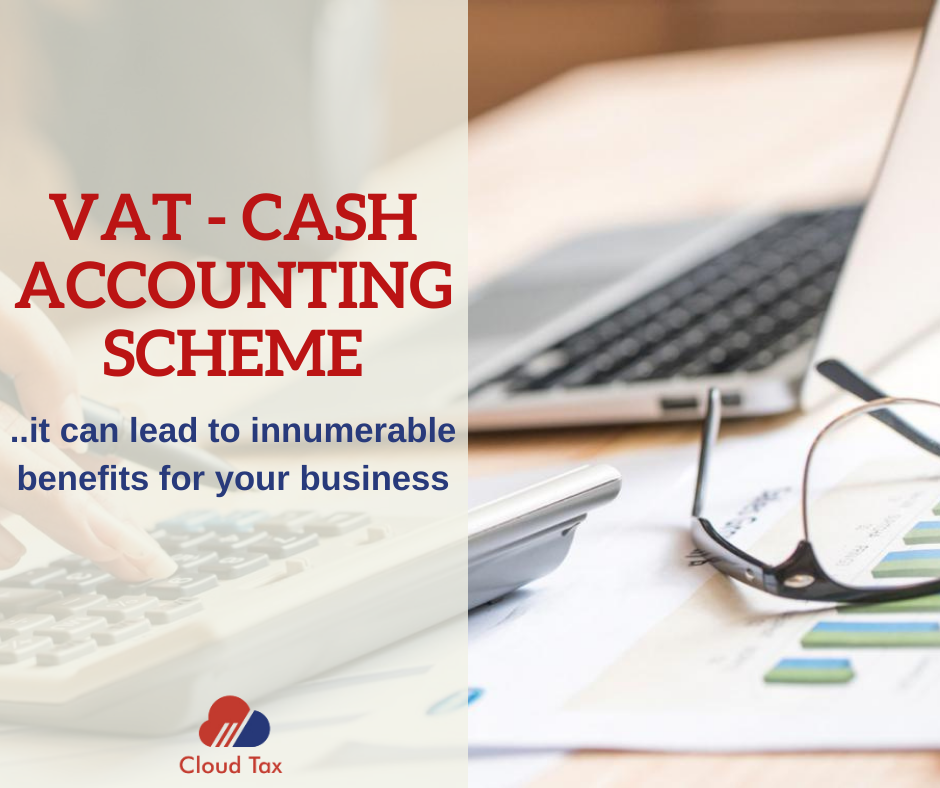The Cash Accounting Scheme is a nifty method of reporting VAT for small businesses in numerous industries. The scheme essentially states that income is recorded when it is received and expenses are recorded in the period they are paid. It’s much different in practice from the Standard VAT Accounting Scheme which requires VAT to be recorded on the date of issuing or receiving a VAT invoice, regardless of when (or if) the payment is made.
To qualify for the Cash Accounting Scheme, your business must be VAT-registered and have an estimated taxable turnover of less than £1.35 million. However, you still might not be able to use the scheme if you have been found guilty of tax evasion in the past or any other VAT offence. Additionally, if you’re behind on your VAT returns or liable for any outstanding VAT payments; you fail to qualify for the scheme.
The Cash Accounting Scheme can lead to innumerable benefits for your small businesses.
• Accounting for VAT is much simpler.
• Output tax is not due until the business receives payment from its customers. Even If the customers pay promptly, the gain would be limited but material.
• Automatic bad debt relief because, if the customer doesn’t make the payment, no liability towards output tax is due.
• Most business owners find it relatively easy to track money coming in and out of their business rather than when invoices are received.
Good cash flow and the concession of not having to pay VAT on outstanding invoices sounds lovely, there are some things to consider before you decide to implement the scheme.
• If in the previous twelve months your sales exceeded £1,600,000 you must leave the scheme.
• If for any reason, you decide to leave the Cash Accounting Scheme you will be liable to declare all outstanding VAT due, including any bad debts. If HMRC allows you can opt for a six-month extension.
• The scheme will not be beneficial for businesses that rely on net repayment. Example: A business that has just started up and invested in equipment, stock etc. so that input tax exceeds the output tax, should delay as much as possible to use the cash accounting scheme. Enabling the business to recover the input tax on the basis of input invoices as opposed output invoices.
While we have tried to be as thorough as possible, however if you need any further information, please get in touch with us or BOOK A FREE CONSULTATION.

